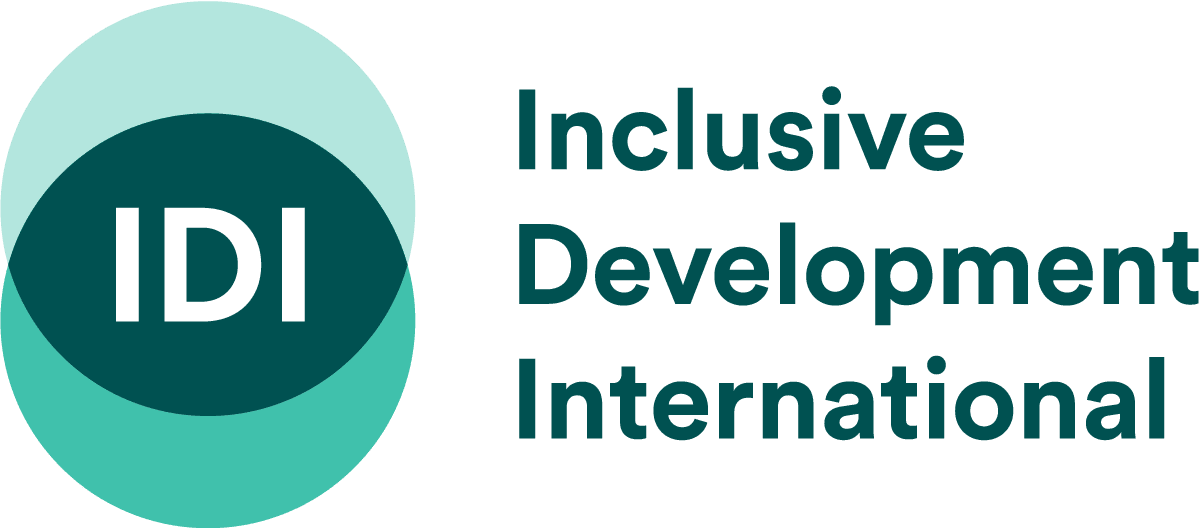Cambodian Communities Use Australian National Contact Point to Reach Groundbreaking Agreement with ANZ Bank
Nearly six years after filing a National Contact Point (NCP) complaint, and a decade after being displaced, Cambodian communities secured a landmark compensation agreement with Australian commercial bank ANZ. The agreement helped solidify the norm that when financial institutions contribute to harm, they have a responsibility to contribute to remedy.
In 2010 and 2011, more than 1,100 families were forcibly evicted from their farmland to make way for a sugarcane plantation and refinery. The company used the police and military, including a former Khmer Rouge battalion, to carry out the land grab, destroying crops, which the local families relied upon for subsistence, and clearing forests in a protected wildlife sanctuary.
At the time, Cambodia was a hotbed of forced displacement of local smallholder farmers from their productive land to make way for large-scale industrial plantations. For most of these farming communities thrust into poverty, holding the companies behind these land grabs accountable and obtaining remedy would prove elusive — and most, not seeing a viable and accessible path to justice, did not have the means to try.
For years, this appeared to be the case for the families displaced by the sugarcane plantation, which is owned by one of Cambodia’s most notorious tycoons, Ly Yong Phat. Phat is also a senator and major benefactor of the ruling party, and is widely regarded as untouchable.
But in January 2014, two confidential social and environmental assessment reports leaked to Inclusive Development International and Equitable Cambodia revealed that ANZ Royal Bank (at the time, a controlled entity of ANZ) provided significant financing to the sugar company. The information opened a pathway for the communities to pursue redress.
Inclusive Development International and Equitable Cambodia worked to ensure that the news of ANZ’s loan to this high profile forced eviction made headlines in Cambodia and Australia.
We also requested a meeting with the bank, where community representatives were for the first time able to sit opposite bank managers and describe the harms they had suffered, which the bank had profited from. The bank made some efforts to push its client to redress the harms– though we did not believe that it used its full leverage — and soon afterwards, ANZ announced that the company had repaid its loan early and the business relationship had ended.
But the communities weren’t about to give up the fight, so neither were we.
In October 2014, Inclusive Development International and Equitable Cambodia filed a complaint against ANZ to the Australian National Contact Point for Responsible Business Conduct, an Australian government body that promotes the OECD Guidelines for Multinational Enterprises and works to resolve claims of corporate misconduct. We argued that ANZ breached its responsibilities under the OECD Guidelines when it provided a loan to a company notorious for its abusive behavior, and despite knowing the risk of forced evictions of Cambodian families. ANZ, we argued, had a responsibility to contribute to remediation.
Complaints of this kind against banks were novel at the time and there was little global precedent for the Australian National Contact Point to look to. Moreover, the Australian office was understaffed, flawed in its structure, and ill-equipped to handle the complaint. As a result, the process was slow and badly handled until 2017 when the National Contact Point was overhauled, finally making it possible to hold Australian corporations accountable for their human rights impacts overseas. With a new structure that gave the office greater impartiality, and new personnel with appropriate qualifications, in 2018 the National Contact Point finally released a decision in the case: It found that ANZ’s actions were inconsistent with its own human rights policies and the standards set by the OECD.
The National Contact Point did not go as far as we believe it should have, and was silent on the question of what, if anything ANZ should do, to contribute to the remediation of the harms suffered by the Cambodian community. Moreover, despite being one of the only forums for corporate accountability for human rights abuses globally, National Contact Point decisions are not enforceable. We had achieved an important victory, but for the Cambodian families the battle was far from won.
With partners in Australia and around the world, our advocacy picked up pace. We got to work talking to journalists, putting questions to ANZ’s CEO at its Annual General Meeting, and asking members of the Australian parliament to intervene. The communities told their story in major Australian news outlets. Together we called upon ANZ to divest itself of the revenue it earned unjustly from the loan and provide those funds to the affected families to help them get back on their feet.
In public forums and behind the scenes, we urged ANZ’s CEO to do the right thing.
And finally, he did.
Twelve months after its decision, the National Contact Point offered to facilitate a conciliation between the parties. And in February 2020, we reached a landmark agreement, which includes:
- A contribution by ANZ of the gross profit it earned from the loan to help alleviate the hardships faced by the affected communities and support their efforts toward rehabilitation.
- A commitment by ANZ to review and strengthen its human rights policies, including its customer social and environmental screening processes, and specific grievance mechanism accessible to affected communities.
This marked the first time that a commercial bank had ever paid compensation for the actions of one of its corporate clients after acknowledging that its human rights due diligence had been inadequate.
The lengthy process and many twists and turns in this case demonstrate the tenacity and multi-pronged creative strategies that communities often need to secure remedy. This case also highlights the importance of using media and consumer and shareholder advocacy, alongside complaints.
